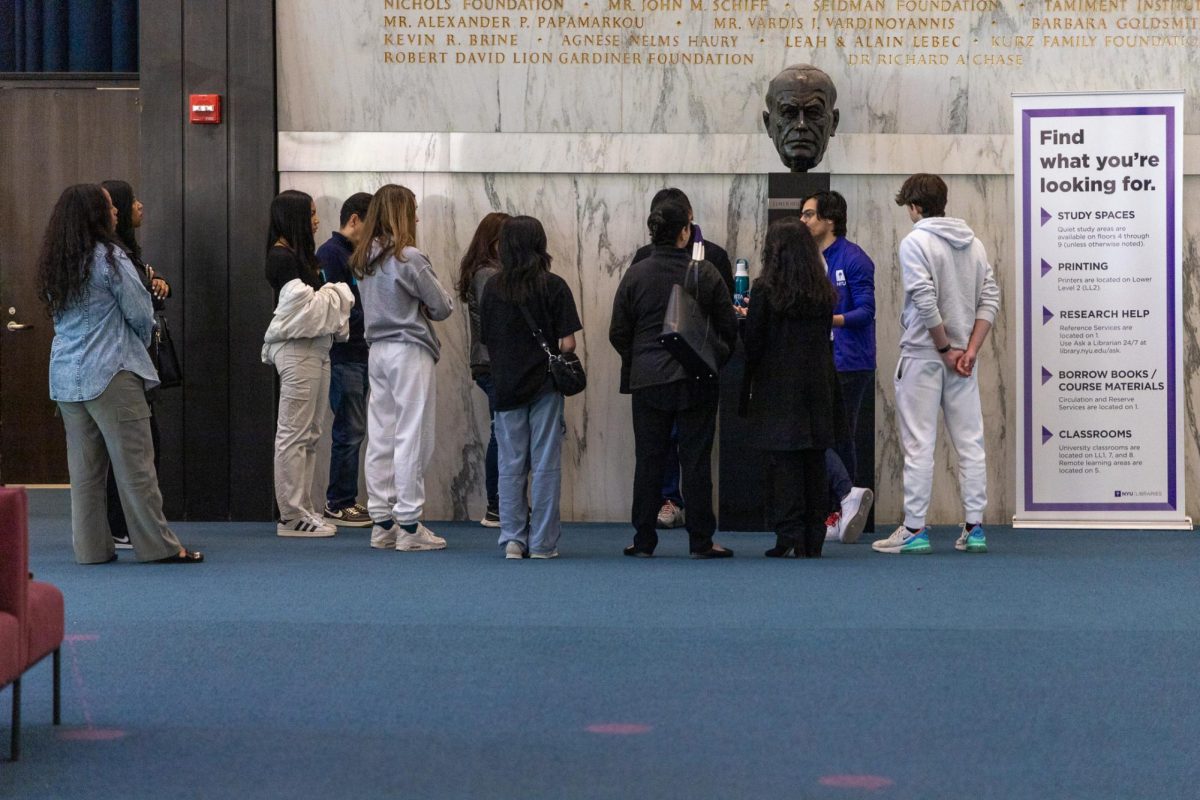Bernie Sanders presents the new American campaign
September 14, 2015
The election media circus is in full swing, and its ringleader is none other than the wiry-haired Vermont senator that has captivated liberal hearts: Bernie Sanders. His campaign has achieved nationwide recognition with a grassroots movement, overtaking Democratic party frontrunner Hillary Clinton in key states like Iowa and New Hampshire. Though he may be the underdog, Sanders has led his campaign to unprecedented success on the national stage. But perhaps what is even more important is the engine that drives Sanders’s political machine — the Internet. The Internet’s vital role in political affairs isn’t a new phenomenon. Anyone can tell you about Twitter’s role in the Arab Spring or Black Lives Matter demonstrators using Facebook to organize rallies and protests. Barack Obama’s clever use of YouTube and other social media sites to rally supporters and broadcast his message put him ahead of his opponents in 2008. However, while the Obama campaign was carefully crafted and optimized for maximum exposure, the Sanders campaign is an almost entirely different beast.
Support for Sanders predates even his presidential announcement; a “Sanders for President” subreddit was created in late 2013 to garner support on the relatively remote chance that Sanders would run. The subre-
ddit now has more than 100,000 subscribers and connects readers with resources and organizers. Freelance coders helped build the Sanders campaign a website, created websites dedicated to winning Sanders the nomination and slowly but surely helped to swell the ranks in the grassroots movement that the campaign has become known for.
The point is not simply that Sanders has attracted attention online, but the Internet itself has facilitated a new era of political mobilization. It is a natural consequence of the desire to effect change in a world where convenience is king. From their laptops and phone screens, activists now have a way of drawing people to their cause almost instantaneously. The Internet is now an indispensible tool for political organizing.
It helps that the kinds of people who get their news online are young and tech-savvy. The 2008 and 2012 elections represented a turning point in voter demographics; an uncommonly large upswell in young voters helped to sway the election in the Democrats’ favor. That trend will continue well into the future, and as younger Americans become politically active irrespective of their position on the political spectrum, it looks more and more likely that their platform of choice will be online. Americans are no longer content with simply absorbing information; they now want to take part in an active dialogue with the candidates for political office. Any candidate hoping to capture this increasingly active sector of the electorate will have to learn to use the internet in the way that Sanders has.
Opinions expressed on the editorial pages are not necessarily those of WSN, and our publication of opinions is not an endorsement of them.
A version of this article appeared in the Monday, September 14th print edition. Email Emily Fong at [email protected].
















































































































































Arafat • Sep 15, 2015 at 2:07 pm
Bernie represents “hope and change” just as Obama did. Which is to say that not much has changed and hope is still a dream.
Barbara Dayan • Sep 14, 2015 at 8:26 pm
Bernie Sanders Tells Christian Millennials: Republicans Idolize Money
“When you talk about issues of children, understand the Republican budget threw 27 million people off of health care, including many children, at a time when many families cannot afford to send their kids to college. At a time when children in America are going hungry, the Republican budget cut billions of dollars in nutrition programs, including money for the WIC program, which goes to low income pregnant women and their babies. And to add insult to injury in that budget, the Republicans provided over $250 billion over a 10-year period in tax breaks to the top two tenths of one percent.”—Bernie Sanders
Watch the entire Liberty University speech on YouTube:
https://youtu.be/bLNt2_bChK0
Scotto • Sep 14, 2015 at 10:55 am
Great article. I feel like the Internet has improved our democracy to a point where independent candidate like Sanders can get fair facetime without having to buy up millions of dollars in commercial time. The mere fact his campaign is afloat, let alone surging, without a superPAC is astounding and probably largely due to social media efforts that garner those famous hundreds of thousands small campaign donations. That and the fact that his message is resonating.